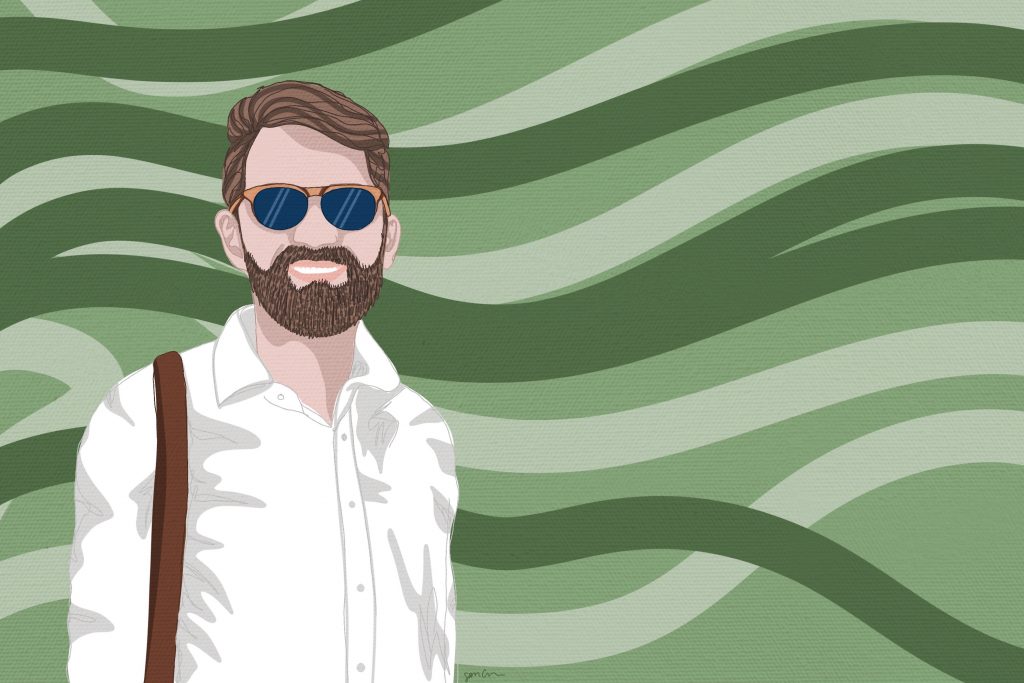The Overseas Professor
The Overseas Professor

It’s a loud place normally, Florence. The streets are small, the sidewalks are small, the buildings are made of stone and have been for a very long time. So on a normal basis, there are traffic echoes. Florence is in a valley and generates its own noise that kind of echoes around it. One doesn’t really notice how much ambient noise there is in Tuscany until it’s just gone.
Cars would always try to get up the hill. It was a cacophony of engine noise. You’re hearing it all day, these engines racing to get up the hill. And then they were gone.
So what did I hear?
A lot of snuffling of the wild boar that had moved into the garden, going and eating out all the roots.
Everything was just stopped. So whenever there was any noise it was sort of a big thing to notice it.
It got quieter and quieter as the rules got tighter, but then in May and especially June, you could hear people resuming life a little bit. It was all very odd.
The level of quiet is something I hope never to hear again. Even if we move to electric cars, I hope we still generate some traffic noise. It’s reassuring now.
At the outset, it was perplexing.
It was announced on the local Italian news and radio — new restrictions every day. Every time you wanted to go somewhere, there was a little miniature research project to see what was allowed and what wasn’t. How old is that news article? It’s a day old — is it still true?
I went to the park, to go for a run. Instead, I hear “No, no, that’s not allowed.” But I was just here yesterday, what’s the issue?
I began running outside my house, but I was still stopped by the Carabinieri, the local police. How many hundred meters away am I allowed to run from my house? I set up an out and back route that is 500 meters each way. Almost every day, I ran at least a half marathon — I made great progress in my history audiobooks.
At first, though, it was hard to feel in control. When the rules were loose and the conditions were uncertain, it was hard to know what to do. I didn’t know when I’d see my wife back in New York. It wasn’t the duration, but the uncertainty. It was that indefinite separation that was tricky. Will I see you in June? Will I see you when the borders open up?
I guess that I began to feel more in control when the country went on full lockdown. As March turned into April, everything was prohibited, which was oddly comforting. I’d sit in the garden and catch up on my reading, or help my wife edit her book.
But I still feel separated from what’s happening here. There was definitely a culture shock coming back to the United States, and seeing how laid back things are.
I’ve always been on the optimistic side of things, that’s kind of my general worldview. And I think that part has stayed pretty similar. We’ve bought a house and my first daughter was born just three days ago. I’ve been optimistic about the vaccines since May.
Now that I’m fully vaccinated, my wife says I should cut my “pandemic” hair.
This as-told-to interview is part of COVID in the Community, a series created by students in the Reporting classes at the Newhouse School in Spring 2021. COVID in the Community documents the experiences of Syracuse area residents living through this extraordinary time.








